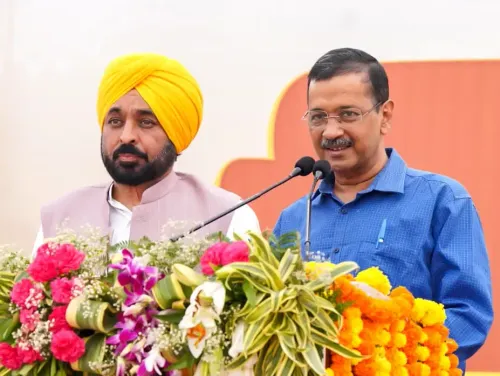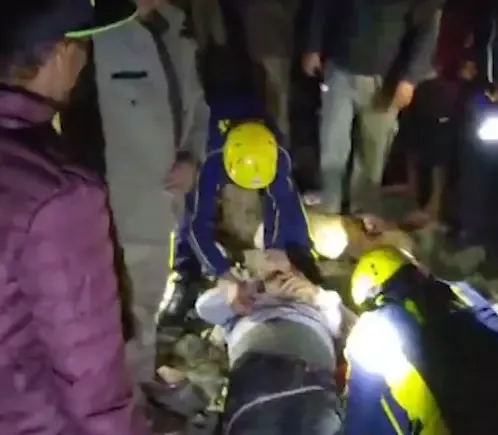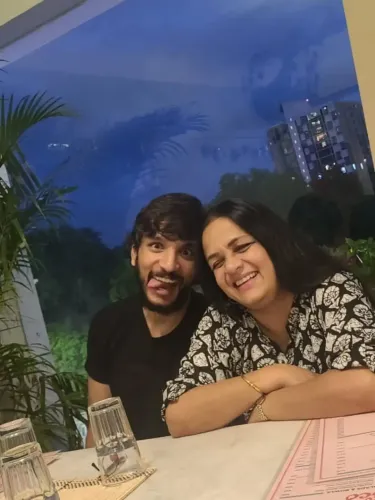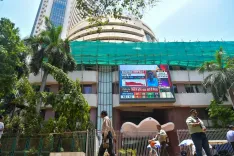Why Did the Supreme Court Stay the Madras HC Order Against TN Minister Periyasamy?
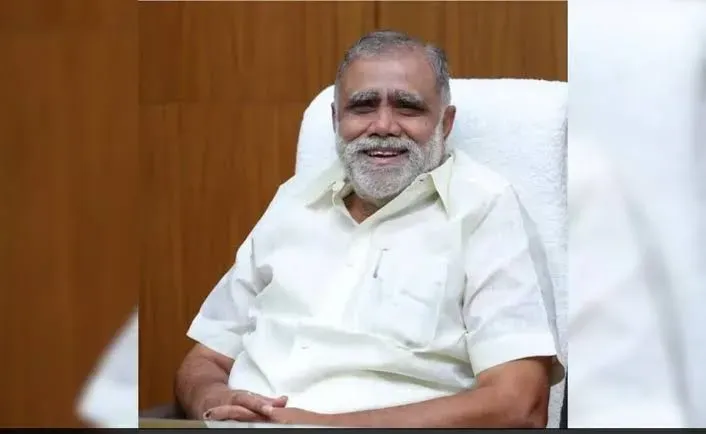
Synopsis
Key Takeaways
- The Supreme Court has temporarily blocked the Madras High Court's ruling regarding I. Periyasamy.
- Allegations involve disproportionate assets linked to political motivations.
- Periyasamy's family maintains their income sources are legitimate.
- The case highlights the intersection of law and politics in India.
- Legal proceedings against ministers require specific sanctions.
New Delhi, Aug 18 (NationPress) The Supreme Court has temporarily blocked a ruling from the Madras High Court that had reversed the discharge of Tamil Nadu Rural Development Minister I. Periyasamy, his spouse P. Suseela, and their children, P. Prabhu and P. Senthilkumar, from a disproportionate assets case initiated in 2012. The apex court ordered the Minister and his family to undergo trial regarding the allegations.
A bench led by Justice Dipankar Datta issued a notice to the Tamil Nadu government concerning the petition filed by Periyasamy and his family, represented by senior advocate V. Giri and advocate Ram Sankar.
The petition contested the High Court’s ruling from April 28, which revived the case after a trial court had previously discharged the individuals involved in 2017.
Periyasamy claimed the case was politically motivated and was “foisted” upon him during the AIADMK rule in 2012.
He also noted that a similar disproportionate assets case from the years 1996–2001 had been dismissed by various courts, including the Supreme Court.
The petition further argued that his wife and sons possessed independent incomes and that the prosecution’s claims were based solely on income tax returns that had already been accepted by the authorities.
It was claimed that investigators had artificially inflated figures by duplicating capital account entries alongside bank balances, thereby creating a false narrative of illegal wealth.
No unaccounted property or cash was found in the family’s possession, the petition argued.
The Supreme Court also linked this matter to another petition submitted by Periyasamy. In that case, the court had in April 2024 paused proceedings related to the alleged allocation of a Tamil Nadu Housing Board plot in Mogappair to the personal security officer of then Chief Minister M. Karunanidhi during 2008–09, when Periyasamy held the position of Housing Minister.
The Directorate of Vigilance and Anti-Corruption registered the case in 2012 after the DMK lost power to the AIADMK. Although a special court discharged him in 2023 due to a lack of required sanction under Section 197 of the CrPC, Justice N. Anand Venkatesh of the Madras High Court later revived the case while taking suo motu cognizance of corruption cases involving lawmakers.
Periyasamy has consistently contended that no trial can proceed against a sitting minister without the necessary sanction from the Governor.

